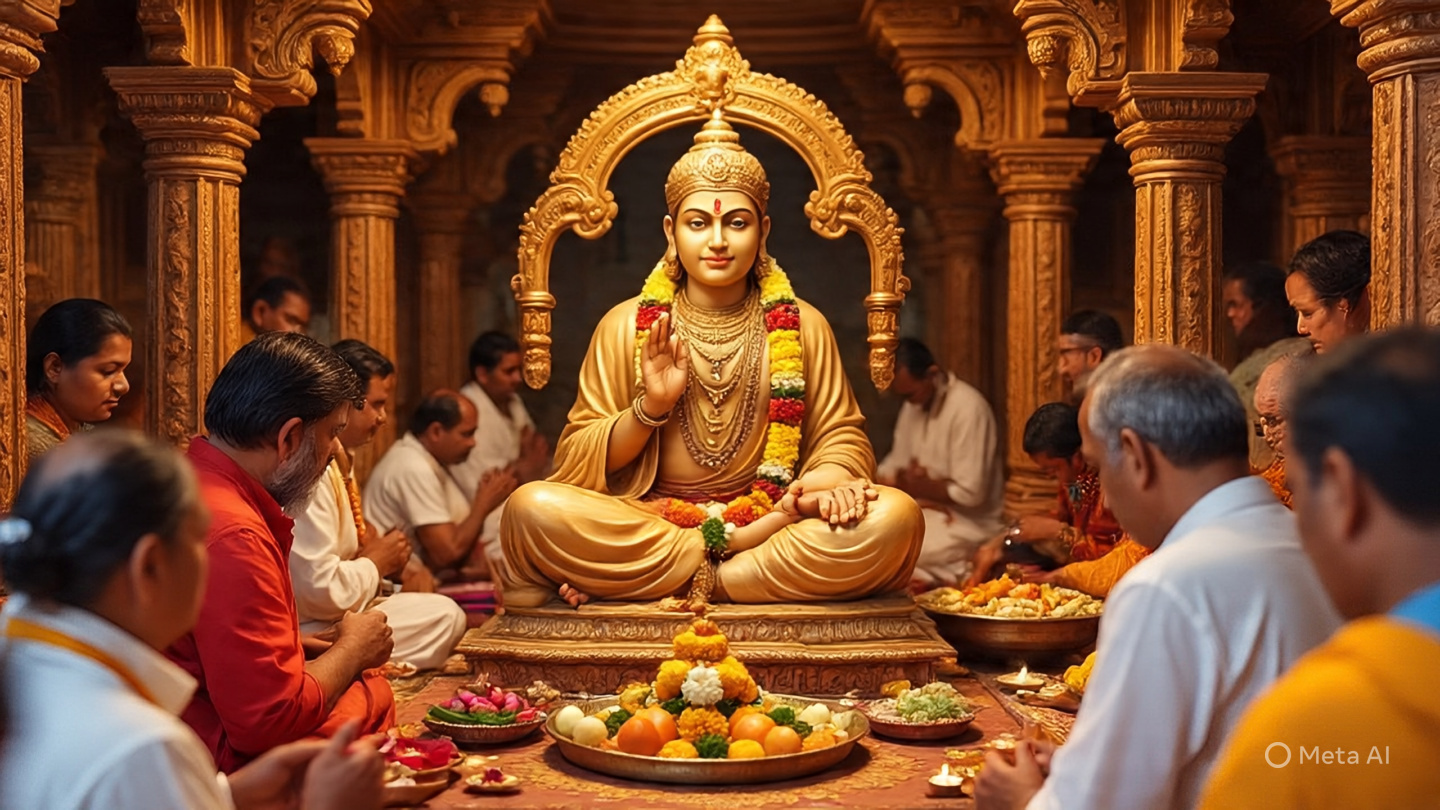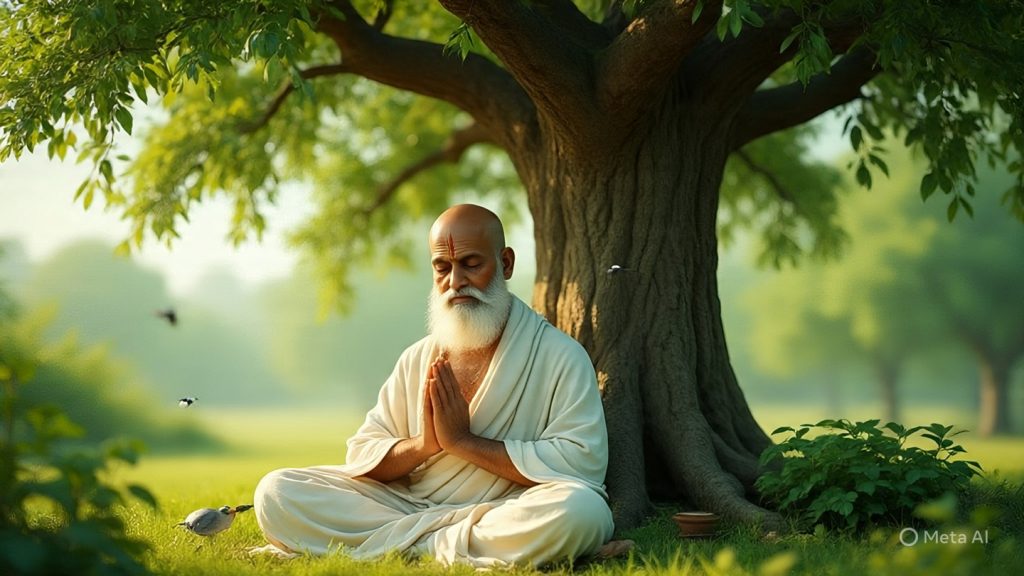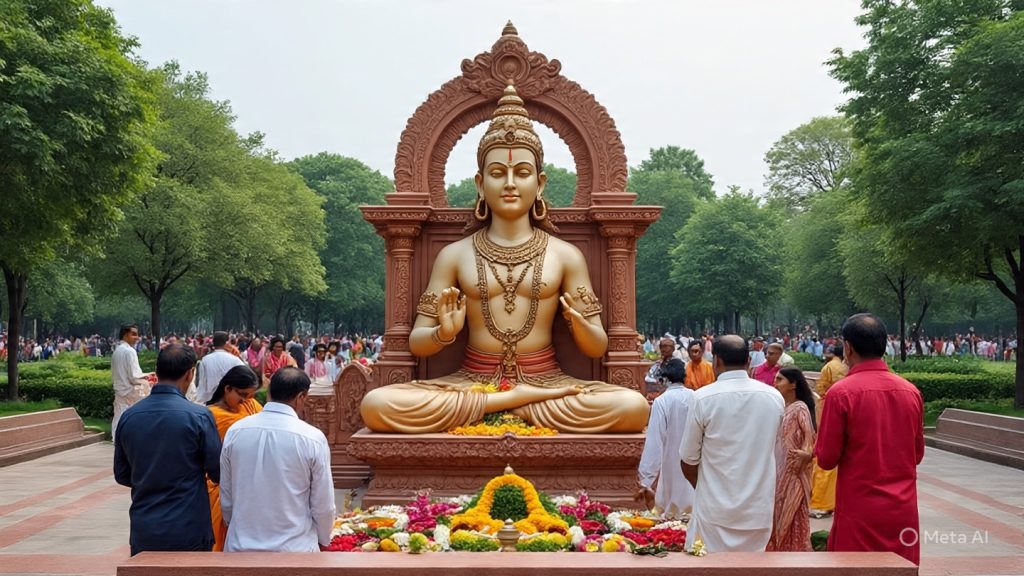Introduction
Festivals are a way to remember the wisdom and sacrifices of great souls who guide humanity. Among the many festivals of Jain Dharma, Parshvanath Jayanti is one of the most sacred and widely celebrated. It marks the birth of Lord Parshvanath, the 23rd Tirthankar, who gave the world the eternal message of non-violence, truth, and compassion.
Parshvanath Jayanti is not just a day of rituals but also a reminder of how one man’s life and teachings can bring transformation to millions. In this blog, let us understand the significance of Parshvanath Jayanti, how it is celebrated, and what lessons we can learn from it in our daily life.
When is Parshvanath Jayanti Celebrated?
Parshvanath Jayanti falls on the 10th day of the bright half of the month of Paush (December–January) as per the Jain calendar.
This was the day when Prince Parshvanath was born in Banaras (Varanasi, Uttar Pradesh) around 872 BCE.
Every year, Jains across the world celebrate this day with devotion, joy, and reflection.
Significance of Parshvanath Jayanti
The importance of Parshvanath Jayanti lies in remembering:
- Birth of a Great Soul: The arrival of a Tirthankar who showed the path to liberation.
- Message of Ahimsa: His principle of non-violence became a guiding light for humanity.
- Spiritual Awakening: It inspires people to live with purity, simplicity, and compassion.
- Cultural Unity: The festival brings together Jain communities worldwide in devotion.
Celebrations of Parshvanath Jayanti
- Processions (Rath Yatra)
- Idols of Lord Parshvanath are placed on beautifully decorated chariots.
- Devotees walk in processions, singing bhajans (devotional songs) and chanting his teachings.
- The atmosphere is filled with spirituality and joy.
- Temple Rituals
- Jain temples are decorated with flowers and lights.
- Special prayers, pujas, and Abhishek (ceremonial bathing of idols) are performed.
- Devotees offer fruits, rice, and flowers as a symbol of respect.
- Lectures and Discourses
- Jain monks, nuns, and scholars give sermons on the life and teachings of Lord Parshvanath.
- These sessions inspire devotees to adopt values like Ahimsa, Satya, and Aparigraha in daily life.
- Charity and Seva (Service)
- On this day, Jains actively engage in charitable activities.
- Donations are made to poor and needy people, animal shelters, and hospitals.
- Many people organize food distribution, blood donation camps, and community service projects.
- Fasting and Meditation
- Many devotees observe fasts as a way to purify the soul.
- Some spend the day in silence, prayer, or meditation.
- It is believed that fasting with devotion brings inner peace and spiritual upliftment.
Parshvanath Jayanti Across the World
In India, major celebrations take place in Varanasi, Sammet Shikharji (Jharkhand), Gujarat, and Rajasthan.
In foreign countries, Jain communities in the USA, UK, Canada, and Africa organize cultural programs, seminars, and prayer meetings.
The festival unites Jains living abroad with their roots and traditions.
Teachings Remembered on Parshvanath Jayanti
Parshvanath Jayanti is not just about celebration but also about reflecting on his timeless wisdom:
- Ahimsa (Non-Violence): Respect every living being, big or small.
- Satya (Truth): Speak honestly, but kindly.
- Aparigraha (Non-Possession): Live simply; avoid greed.
- Anekantavada (Many-Sided Truth): Respect different viewpoints; no single perspective is absolute.
- Forgiveness (Kshama): Forgive others and ask for forgiveness to purify the soul.
Parshvanath Jayanti and Its Modern Relevance
The values of Lord Parshvanath are not limited to history. They are powerful solutions for today’s challenges:
- Against Violence: In a world troubled by wars, terrorism, and crime, his message of Ahimsa is urgently needed.
- For Mental Peace: In a stressful lifestyle, his teachings of meditation and simplicity bring calmness.
- For Environment: His principle of respecting all living beings encourages environmental conservation.
- For Relationships: Truth, forgiveness, and compassion improve family and social harmony.
Inspirational Anecdote from Parshvanath’s Birth
It is believed that at the time of Parshvanath’s birth, there were divine signs—peace prevailed, and prosperity spread in the kingdom. People felt joy and harmony everywhere.
This symbolic story teaches us that the birth of a great soul brings light not only to a family but also to the entire society.
How Can We Celebrate Parshvanath Jayanti Personally?
- Practice Kindness: Help someone in need or feed stray animals.
- Forgive: Let go of grudges and make peace with others.
- Meditate: Spend some time in silence, reflecting on life.
- Charity: Donate something valuable—not just money, but also time, skills, or knowledge.
- Spread Positivity: Share teachings of Parshvanath with friends and family.
Even simple steps like these make our celebration more meaningful.
Conclusion
Parshvanath Jayanti is not just a religious festival; it is a reminder of the eternal values of truth, non-violence, simplicity, and compassion. By celebrating it, we honor not only the birth of Lord Parshvanath but also his universal teachings that can guide humanity towards peace and happiness.
As Lord Parshvanath said:
“The one who cultivates universal love does not harm anyone.”
Let us celebrate Parshvanath Jayanti not only with rituals but also by walking on the path of love, forgiveness, and peace. 🌸


